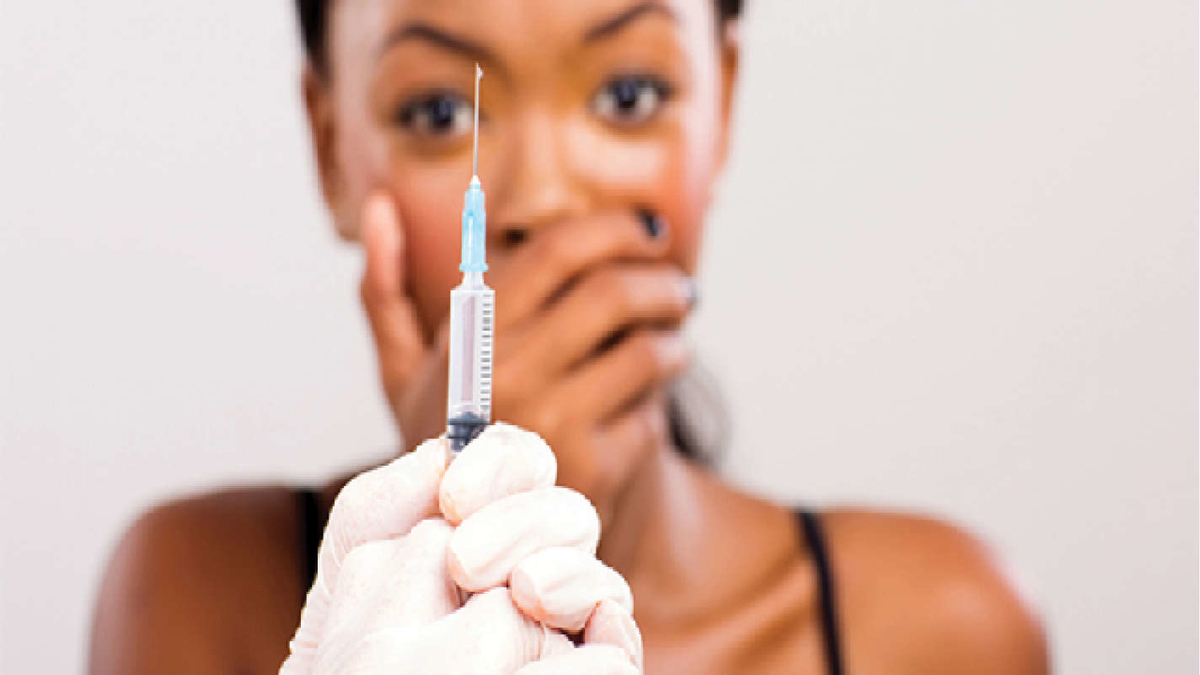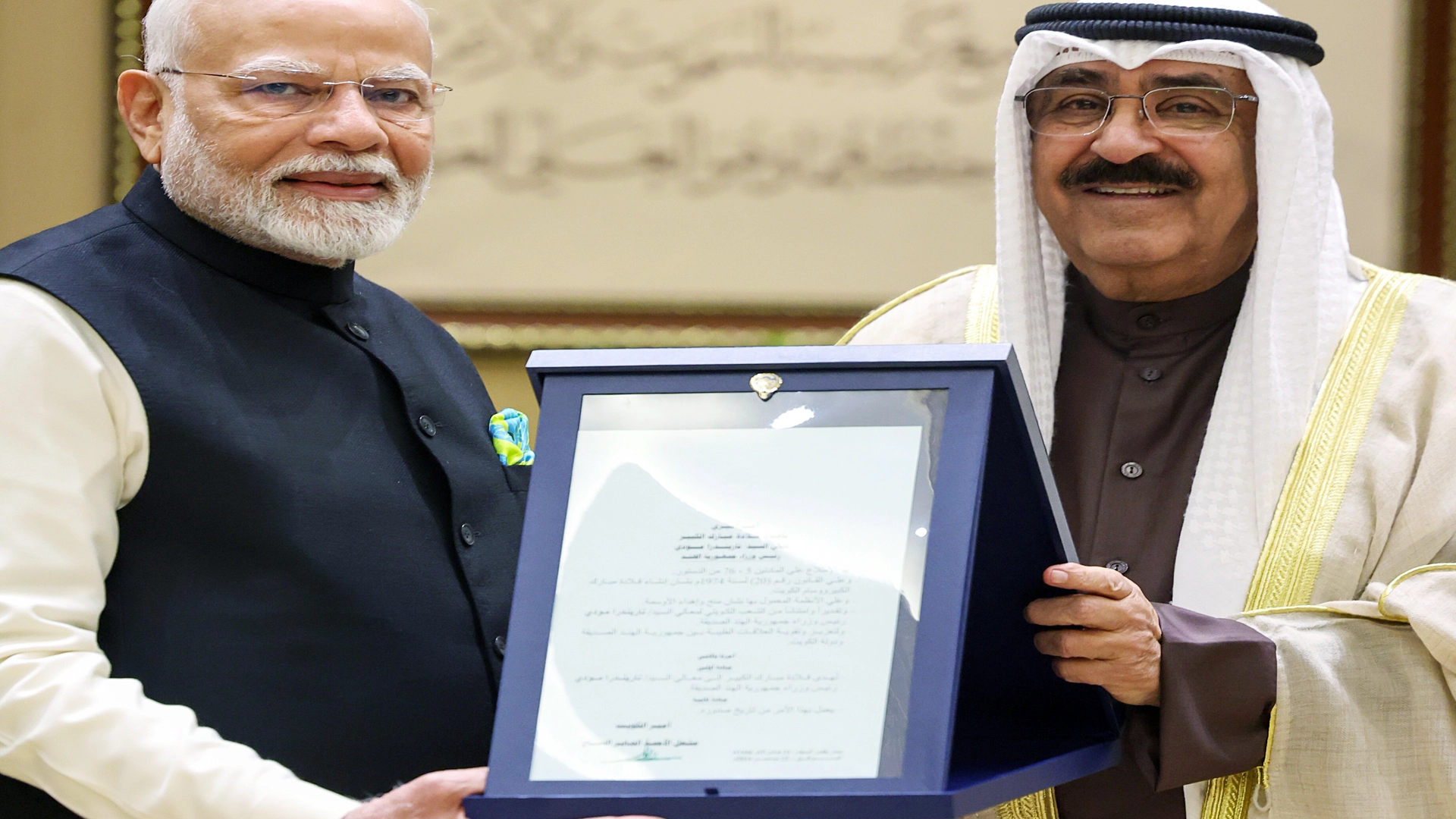It has been seven months since India started the world’s largest vaccination drive against coronavirus. Slowly and steadily, we as a nation are making every effort to win our war against Covid-19. Currently, statistics say about 9% of India’s population have received two doses and are fully vaccinated. The country has administered a total of 55.7 crore doses midway through August 2021. However, multiple data show that compared to men, fewer women have received their vaccine.
Figures imply that vaccine hesitancy in women is higher than in men. This can become detrimental in our battle against Covid-19. Approximately 65% of India’s inhabitants live in rural areas where myths around the vaccines’ efficacy are widely prevalent. There’s plenty of misinformation floating around about the side effects of vaccination in women. At present, our only weapon to fight Covid-19 is immunisation, and therefore every individual must prioritise their vaccine shots.
Healthcare practitioners and Epidemiologists have already warned against the perils of an unvaccinated population. Post the brutal and crippling second wave; we must ensure that this episode doesn’t repeat. Hence, increasing awareness and debunking myths about vaccination among women is a must.
BUSTING MYTHS:
A common misconception is that the vaccine makes a woman infertile, which is false. There is evidence that shows women have become pregnant post-vaccination. Some say women should avoid getting jabbed while menstruating as it will disrupt the cycle. Many also fear that the vaccine will cause death or that Covid 19 won’t harm them. People in urban areas have also let such myths influence their minds, but it is more widespread in villages.
It is crucial to understand there is absolutely no basis for such information. People mustn’t get influenced by rumours, as vaccines are pivotal to save lives. A vaccine is a critical biological preparation to battle against a particular infectious disease that encompasses an immune system improvement. Moreover, it is essential to note that pregnant women with underlying health conditions such as high blood pressure and obesity are more likely to contract Covid-19. Hence, they must get vaccinated to stay protected. There are no known hazards for vaccines in breastfeeding women either. In the case of a vaccinated lactating woman, the mother’s antibodies may go through the breast milk to the baby and only serve as protection. Thus, not getting immunised against Covid-19 increases health risks and is not the other way around.
The side effects of getting vaccinated are minor and can be felt by any individual. One may experience a fever, fatigue, headache, dehydration, muscle pain at the injection site, etc. These side effects are common in all.
TACKLING SOCIAL ISSUES:
When we’re looking at India, we cannot wholly ignore societal conditioning. Women here in conservative households are taught from a young age to care for their families first. Often, they’re not in charge of making their own decisions. If the man of the family advises against vaccination, thinking it may affect their fertility; the woman will follow what he decides. This is not the case for every woman, but a percentage of women in India deal with such scenarios.
Access to vaccination is another problem. For underprivileged women, accessing the portal also becomes a task. Despite free vaccines available at government health centres, slots aren’t always available. With all these challenges in the backdrop, the only way to spread awareness and reduce vaccine hesitancy is a behavioural and mindset change.
It is of paramount importance to clear your doubts. Here is what you can do. If you are confused about vaccination, please consider speaking to your doctor about: your risk of exposure to Covid-19, the dangers of severe illness, the known benefits of vaccination, understand when to take it, and the limited but growing evidence on the safety of vaccinations during pregnancy.
WHEN SHOULD YOU BE CONCERNED?
If a woman is bleeding more than usual, or experiencing a long delay in periods, or is undergoing drastic changes in the menstruation pattern for more than two cycles, or during menopausal woman is experience bleeding
Therefore, as a community, it is imperative to educate and encourage both men and women to get the vaccination. Remember, the health of the nation in many ways depends on the health of our women too. Let’s make sure we’re not engaging in rumour-mongering. If you are eligible to get the vaccine, register on CoWin, get the shot and encourage others around you to do the same. Every vaccine is safe!
The author is the head of Emergency Medicine & Surgical ICU, SL Raheja Hospital Mahim- A Fortis Associate.







